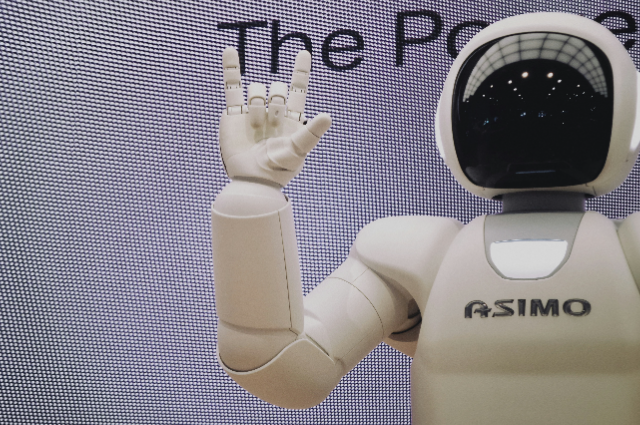
Photo by Possessed Photography on Unsplash
Artificial Intelligence (AI) and Machine Learning (ML) are at the forefront of technological innovation, reshaping industries, and influencing daily life. This article explores recent advancements in AI and ML, examining their implications, challenges, and future potential.
Deep Learning Breakthroughs
The field of deep learning, a subset of machine learning, has seen remarkable progress. The development of more sophisticated neural networks, like Transformers, has significantly improved natural language processing, enabling AI to understand and generate human-like text. This has applications in chatbots, translation services, and content creation.
AI in Healthcare
AI's impact on healthcare is profound. Advanced algorithms are now capable of diagnosing diseases from medical images with accuracy rivaling human experts. AI-driven drug discovery is accelerating the development of new treatments. Personalized medicine, powered by AI, tailors healthcare to individual genetic profiles, improving treatment effectiveness and reducing side effects.
Autonomous Systems
Autonomous technology, guided by AI, is progressing rapidly. Self-driving cars, once a sci-fi fantasy, are becoming a reality, with AI interpreting sensory data to navigate roads safely. In manufacturing, AI-driven robots are increasing efficiency and safety in assembly lines. Drones, equipped with AI, are being used for surveillance, delivery, and agricultural monitoring.
Ethical AI and Bias Mitigation
As AI becomes more pervasive, ethical considerations and bias mitigation have gained prominence. Efforts are being made to develop AI systems that are fair, transparent, and accountable. Techniques to reduce bias in AI models, ensuring they do not perpetuate societal inequalities, are a significant focus area.
AI in Environmental Conservation
AI is playing a crucial role in environmental conservation. Algorithms analyzing satellite imagery are monitoring deforestation and climate change impacts. AI is also optimizing renewable energy production and distribution, contributing to a more sustainable energy future.
The Role of Big Data
The explosion of big data has been a catalyst for AI and ML advancements. The ability of AI algorithms to process and extract insights from vast datasets is unparalleled. This has applications in everything from consumer behavior analysis to predicting market trends and scientific research.
AI and Quantum Computing
The intersection of AI and quantum computing is an exciting frontier. Quantum computers, with their ability to perform complex calculations rapidly, have the potential to supercharge AI algorithms, leading to breakthroughs currently unimaginable.
Challenges and Future Outlook
While AI and ML hold tremendous promise, they also present challenges. Concerns over job displacement, privacy, and security are paramount. Ensuring AI is developed and used responsibly is a collective responsibility of policymakers, technologists, and society.
Conclusion
The advancements in AI and ML are revolutionizing the way we live and work. While challenges exist, the potential benefits are immense, from enhancing healthcare and environmental conservation to driving economic growth and innovation. The future of AI and ML is not just about technological progress; it's about shaping a world where technology works for the betterment of humanity.
